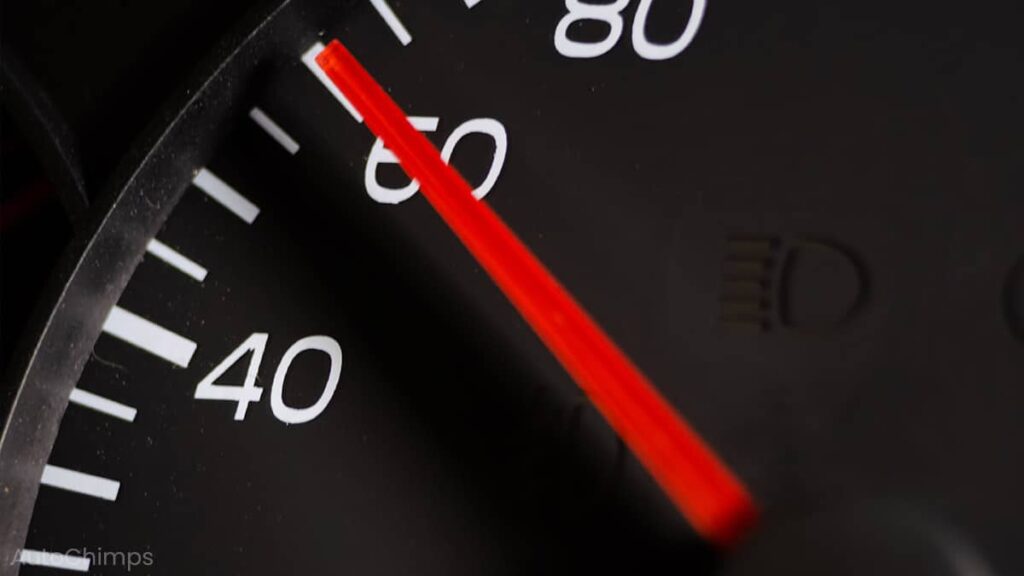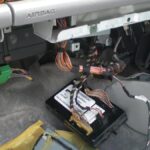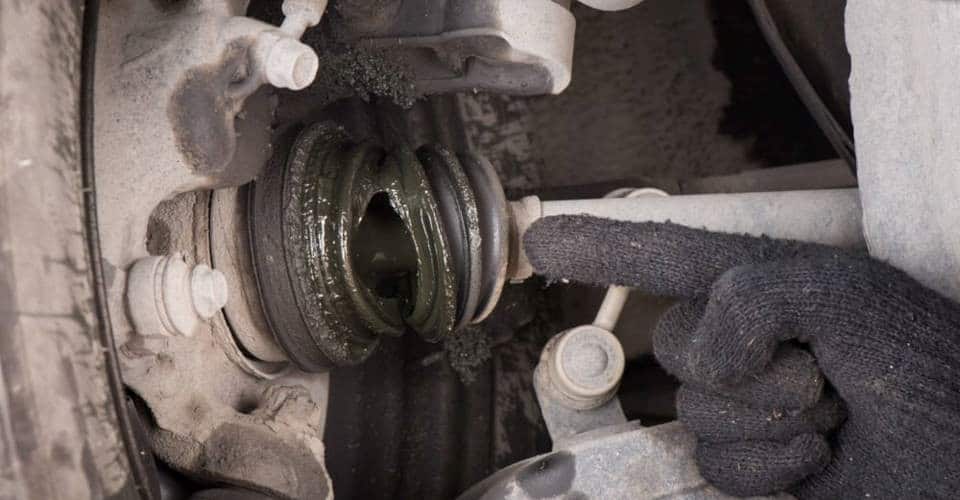
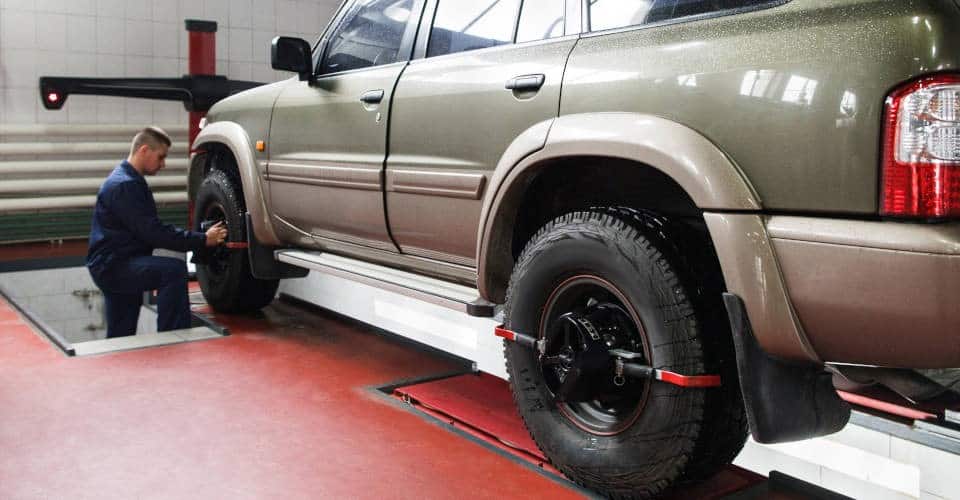
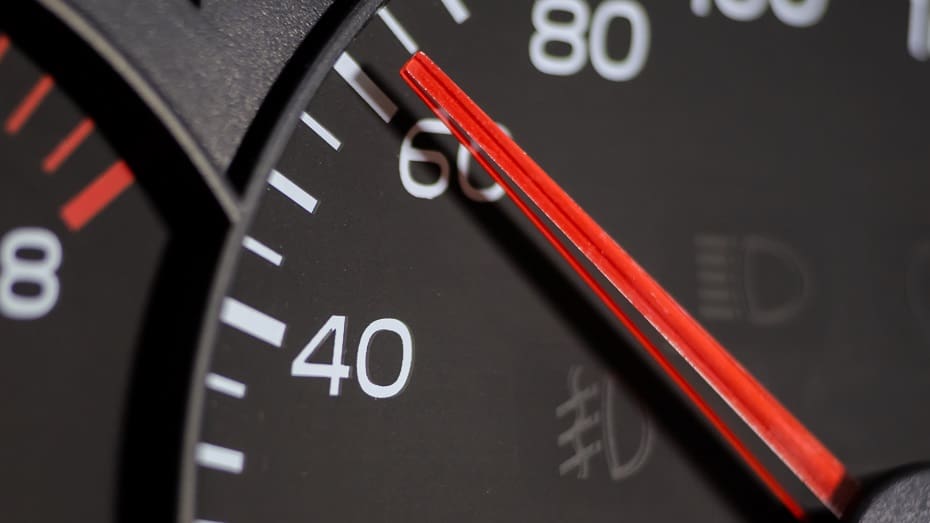
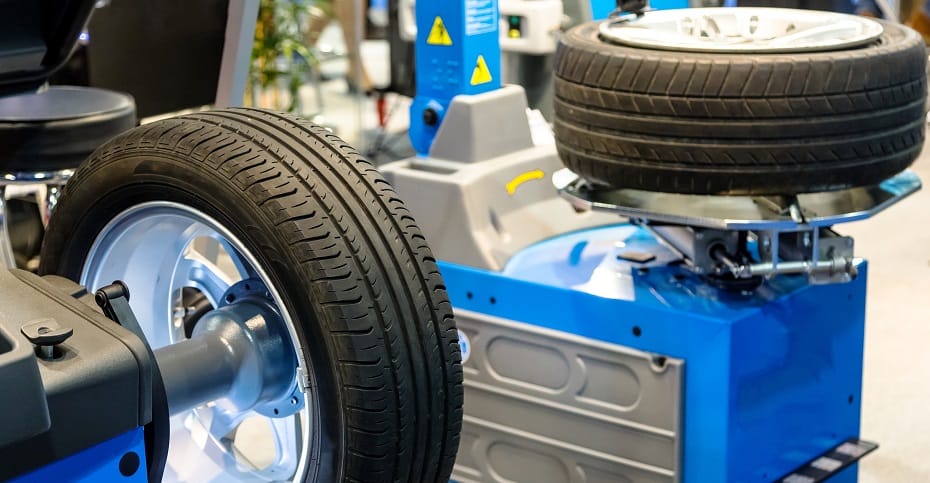

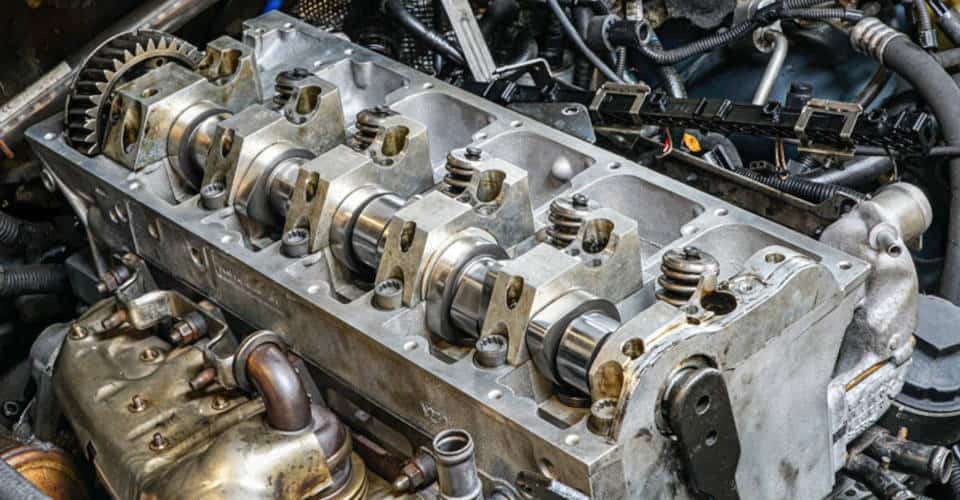
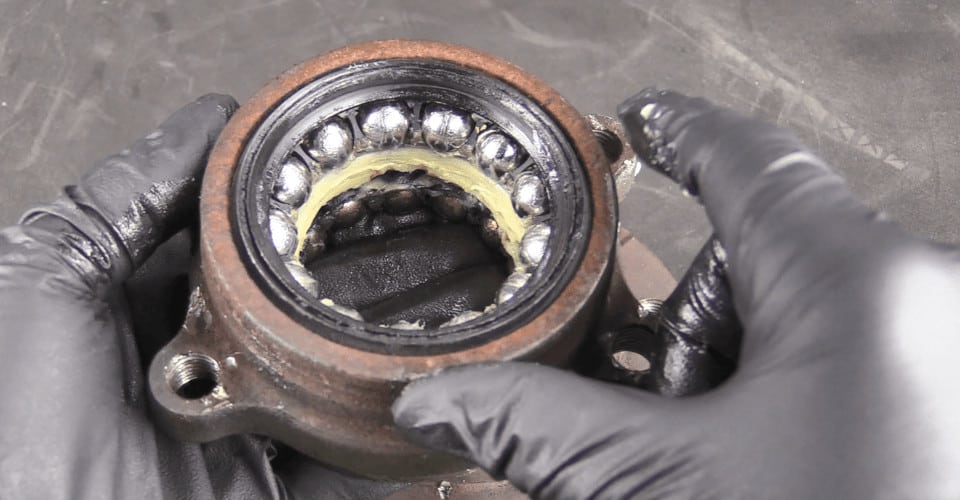
Why Does Your Car Shake at Highway Speeds? Here’s the Lowdown
Hitting highway speeds—60 mph and up—and feeling your ride start to shake? That’s a serious buzzkill. But don’t sweat it; it’s usually something straightforward to fix. Just make sure to get it checked out ASAP.
Understanding the Weight and Momentum
The average passenger car in the U.S. tips the scales at about 4,156 pounds (1,885 kg), according to the EPA. At 60 mph, that beast is packing a punch with a momentum of over 50,000 kg. That’s enough force to cause some real damage if things go sideways. Keeping control is key.
Feeling the Shake? Don’t Panic
If the car starts shaking when cruising over 60 mph, there’s no need to freak out. Slow down and ease into the slow lane, ready to pull over if things get dicey. Then, make a beeline for a nearby mechanic or tire shop.
What’s Causing the Shaking?
So, what’s behind that unsettling shake? It could be a few things, but the top contender is unbalanced wheels. Other culprits are less common but worth mentioning.
Unbalanced Wheels: The Usual Suspect
Wheel balancing is usually done when tires are fitted. Weights are added to the rim to keep things spinning smoothly, without the wobble. Imagine rolling a tape across the floor; it sways side to side, right? That’s what unbalanced tires do—rocking and rolling instead of spinning straight.
When tires are unbalanced, they wear unevenly, which can lead to a bumpy ride. Causes of unbalanced wheels include:
- Losing weights
- Hitting a curb
- Improper balancing during installation
A tech should balance wheels after fitting new tires or fixing a flat. It’s a quick job and should cost around $10 to $15 per wheel. If the wheels are damaged or not fitted right, that could also be an issue.
Why Only Notice the Shake at 60 MPH?

At lower speeds, unbalanced wheels barely make a peep. But as speed ramps up, that wobble turns into a thump. The tire slams against the road, making the whole car shake, especially through the steering wheel. Chances are, at least one wheel’s off, likely one of the front ones. If it’s a rear-wheel-drive, it could be a back wheel, too.
Unbalanced tires aren’t an immediate danger, but it’s smart to slow down and get to a mechanic. If the issue lingers, a new tire might be in order.
Suspension Components: Another Possible Player

In most cars, the front suspension is a MacPherson strut setup, which includes a damper and coil spring. If these parts fail, it can lead to a shaky ride, especially on rough roads. A bounce test can help check the suspension, but a mechanic can give it a thorough look on a ramp.
Fixing suspension issues can run a few hundred bucks, depending on what’s wrong.
Engine Misfire: A Sneaky Cause

An engine misfire happens when a cylinder doesn’t ignite the air-fuel mix properly. This can lead to a shaky engine, especially at highway speeds when the engine’s under pressure. If the Check Engine light pops on, it’s time to dig deeper. Common culprits include:
- Spark plugs
- Ignition coils
- Fuel injectors
- Vacuum leaks
Wheel Bearings: Rare, But Possible

Wheel bearings usually last longer than the car itself, but they can fail if hit hard or driven on bad roads. If there’s a whining or groaning noise, it’s time for a check. Jack up the wheel and see if it moves too much—if it does, the bearing’s likely shot. Fixing this could cost between $300 and $400.
Axle Issues: Not as Common

Axle problems are rare, but they can happen if a car hits something hard. An unbalanced rear axle can cause shaking, especially in rear-wheel-drive vehicles. Rebalancing an axle might set someone back around $200, while a new one could cost $500 to $1,000.
Wheel Alignment: Is It the Culprit?

Misalignment usually causes the car to pull to one side, not shake. If the steering wheel is straight but the car veers off, that’s a sign. Misalignment can lead to uneven tire wear, but it’s unlikely to cause shaking. If shaking happens, it’s more about balancing.

